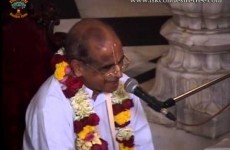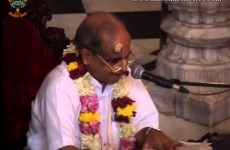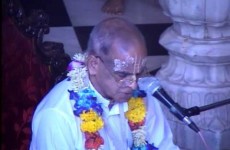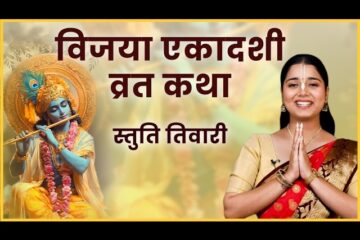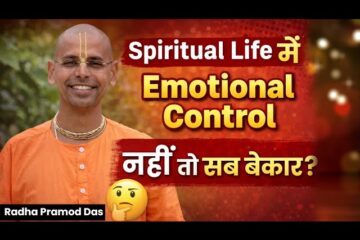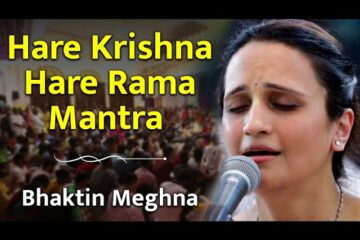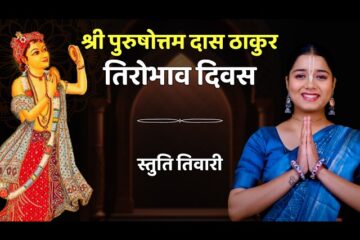Srimad Bhagavatam Canto-06, Chapter-16, Text-11
nadatta atma hi gunam
na dosam na kriya-phalam
udasinavad asinah
paravara-drg isvarah
Translation:
The Supreme Lord [atma], the creator of cause and effect, does not accept the happiness and distress that result from fruitive actions. He is completely independent of having to accept a material body, and because He has no material body, He is always neutral. The living entities, being part and parcel of the Lord, possess His qualities in a minute quantity. Therefore one should not be affected by lamentation.
Purport:
The conditioned soul has friends and enemies. He is affected by the good qualities and the faults of his position. The Supreme Lord, however, is always transcendental. Because He is the isvara, the supreme controller, He is not affected by duality. It may therefore be said that He sits in the core of everyone’s heart as the neutral witness of the causes and effects of one’s activities, good and bad. We should also understand that udasina, neutral, does not mean that He takes no action. Rather, it means that He is not personally affected. For example, a court judge is neutral when two opposing parties appear before him, but he still takes action as the case warrants. To become completely neutral, indifferent, to material activities, we should simply seek shelter at the lotus feet of the supreme neutral person.
Maharaja Citraketu was advised that remaining neutral in such trying circumstances as the death of one’s son is impossible. Nevertheless, since the Lord knows how to adjust everything, the best course is to depend upon Him and do one’s duty in devotional service to the Lord. In all circumstances, one should be undisturbed by duality. As stated in Bhagavad-gita (2.47):
karmany evadhikaras te
ma phalesu kadacana
ma karma-phala-hetur bhur
ma te sango ’stv akarmani
“You have a right to perform your prescribed duty, but you are not entitled to the fruits of action. Never consider yourself to be the cause of the results of your activities, and never be attached to not doing your duty.” One should execute one’s devotional duty, and for the results of one’s actions one should depend upon the Supreme Personality of Godhead.
[For more videos, visit – www.harekrishnatube.com]










